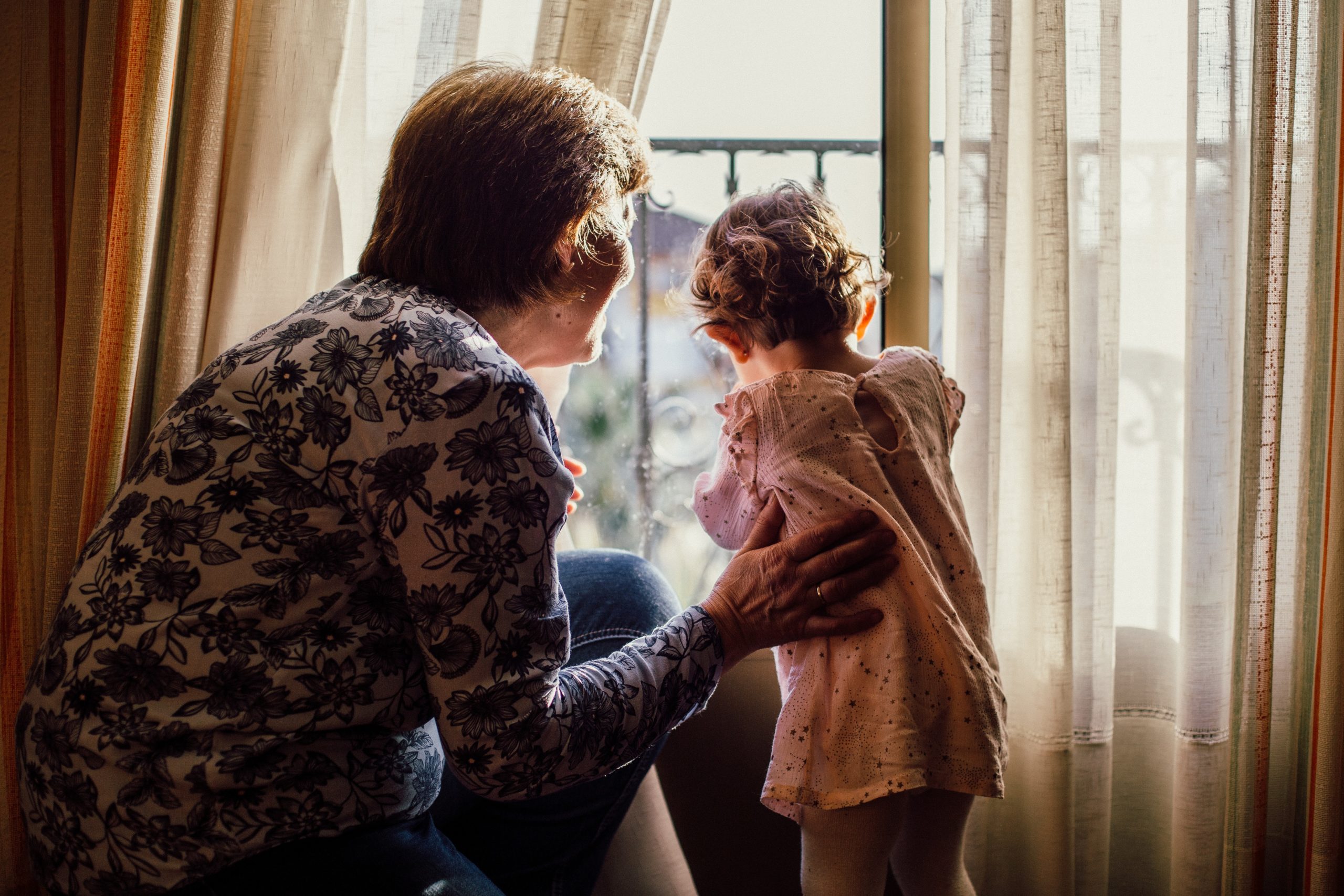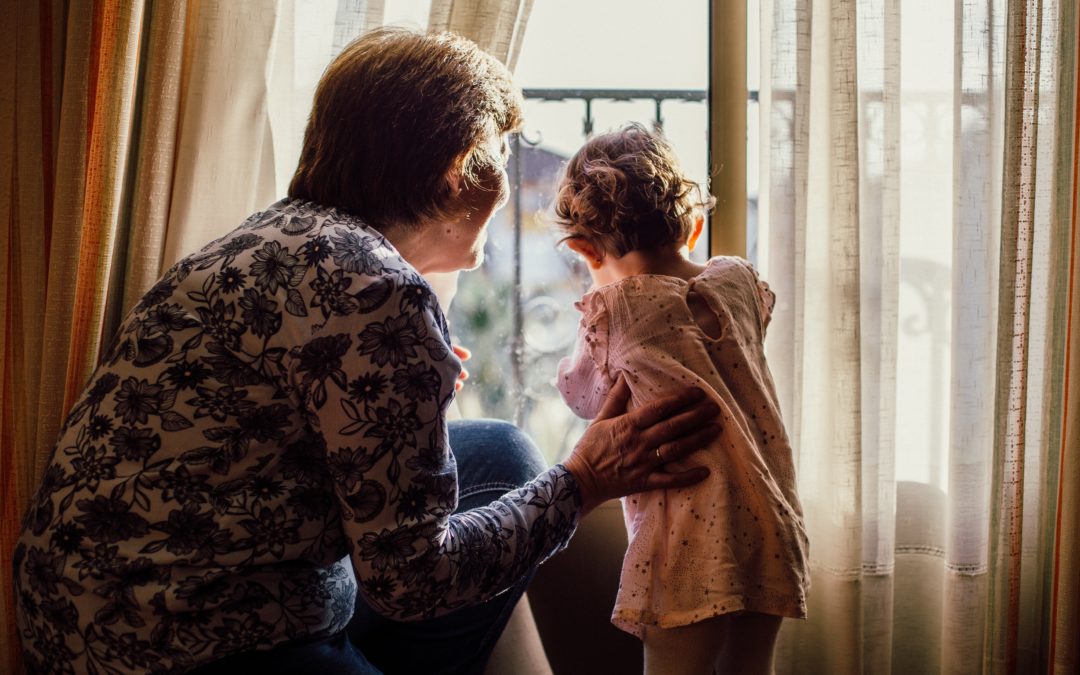
In the spirit of continuing to offer our support in any way that we can during these difficult times, we here at Centers for Hearing Care like to share some challenges that may be present for you if you are experiencing hearing loss.
Below we discuss the impact of some of the new “ways of life” we have had to adopt recently due to the health crisis we are experiencing, as well as share ways you may try to work around these challenges.
COVID-19 does not discriminate, affecting rich and poor, young and old, healthy and sickly.
The old are at higher risk but the young are not exempt. People with chronic conditions like diabetes, lung disease and immune-suppressing conditions are also at higher risk, but many victims so far have been healthy adults.
People with hearing loss are affected in ways that aren’t quite as obvious on the surface or the focal point of current news reporting.
That doesn’t mean these challenges aren’t real. Many of the new protocols we are adopting as a society are meant to protect us (and are proving effective), but at the same time can cause a barrier in communication for those with hearing loss.
Surgical masks
Just this week the CDC is modifying its position and suggesting that it may be a good idea for all Americans to consider wearing masks when out and about. This can definitely make communication difficult for the hard of hearing. Almost all of us instinctively supplement our hearing with speech reading. Most makes obscure the entire face other than the eyes. There are some see-through masks, although availability is highly limited right now. You can read more about that here .
The six-foot rule
Experts recommend staying at least six feet away from other people in public places. The problem is that many people with hearing loss can’t hear at that distance. Asking someone to come closer can result in people becoming highly uncomfortable around you in this heightened time of anxiety.
Isolation
It’s important for people with hearing loss to stay social. As the brain loses familiarity with sound, speech, and communication, those neural pathways can begin to deteriorate.
Staying home right now is a wise decision, but it’s important to continue connecting with others, whether it be family members you live with, or by phone or virtual communication like Facebook video chat, Skype, Zoom, or WhatsApp. Isolation leads to depression. Depression leads to a weakened immune system.
So what are some positive things you can do in spite of these negative circumstances you may be faced with? Here are a few.
Have a web conference call with a friend or family member
As mentioned above, Facebook Messenger, WhatsApp, Skype, and Zoom are all good suggestions. And the good news is, if you have never tried these technologies, learning new skills is good for your brain at any age!
The telephone
We recognize the telephone can present its only challenges for those facing hearing difficulties. Manufacturers like Captel and Caption Call offer these phones free to those with documented hearing loss. If you need help getting documentation, contact our office, we would love to support you with this! If you have a cell phone, Innocaption+ is an incredible iPhone and Android app that lets you receive and make calls with your own phone number with really great captioning.
In summary, social engagement is really important during times like these. Let’s get creative about ways to stay connected with others! We’ve shared a few suggestions. We would love to hear what you are doing, or what ideas you may come up with on your own so we can continue to share these with our patients.
Again, we know these are trying times. We hope this message may support you even if in the smallest of ways.
While your hearing care may be limited during this time, please continue to reach out by email at info@centersforhearingcare.com or by phone at 330-779-8096 with any questions. We are here, and will do our best to support from a distance until we are able to see you in person again.

